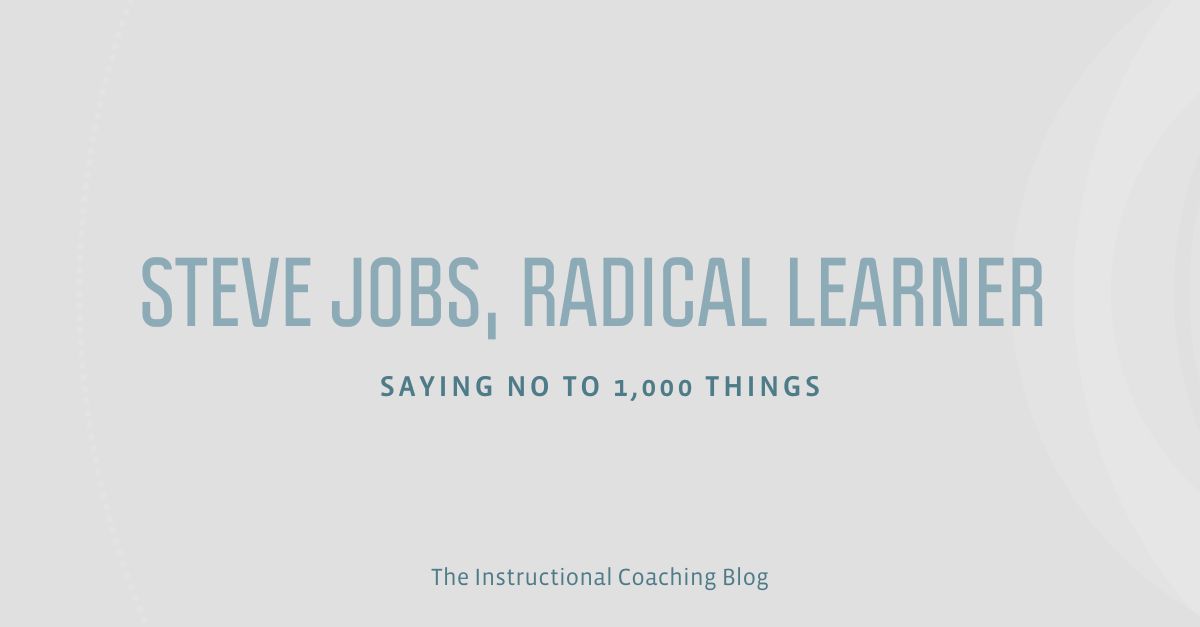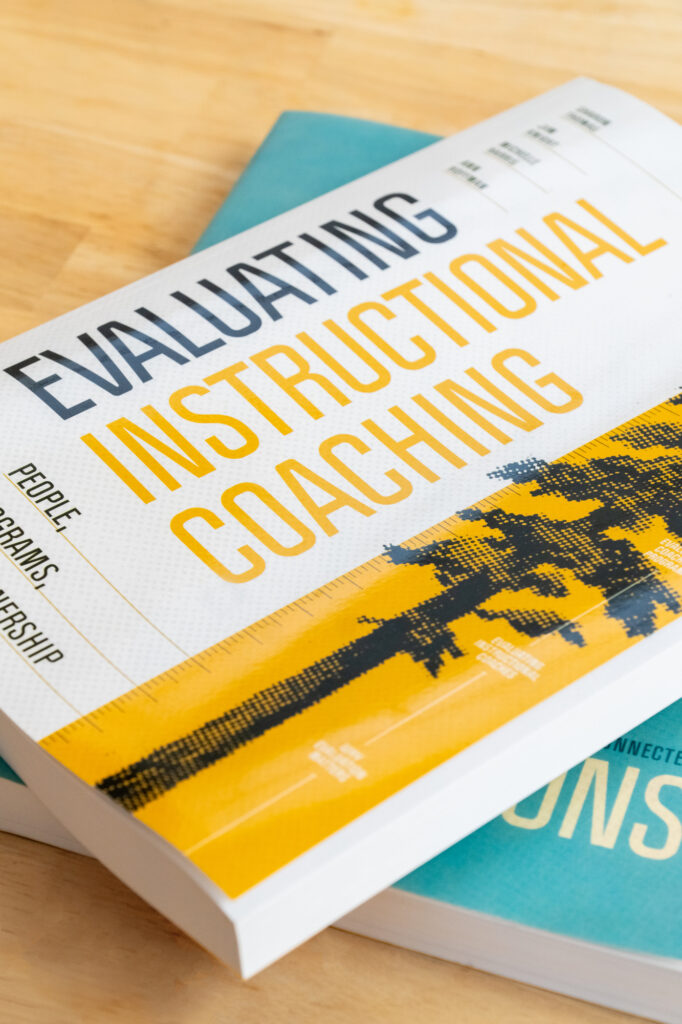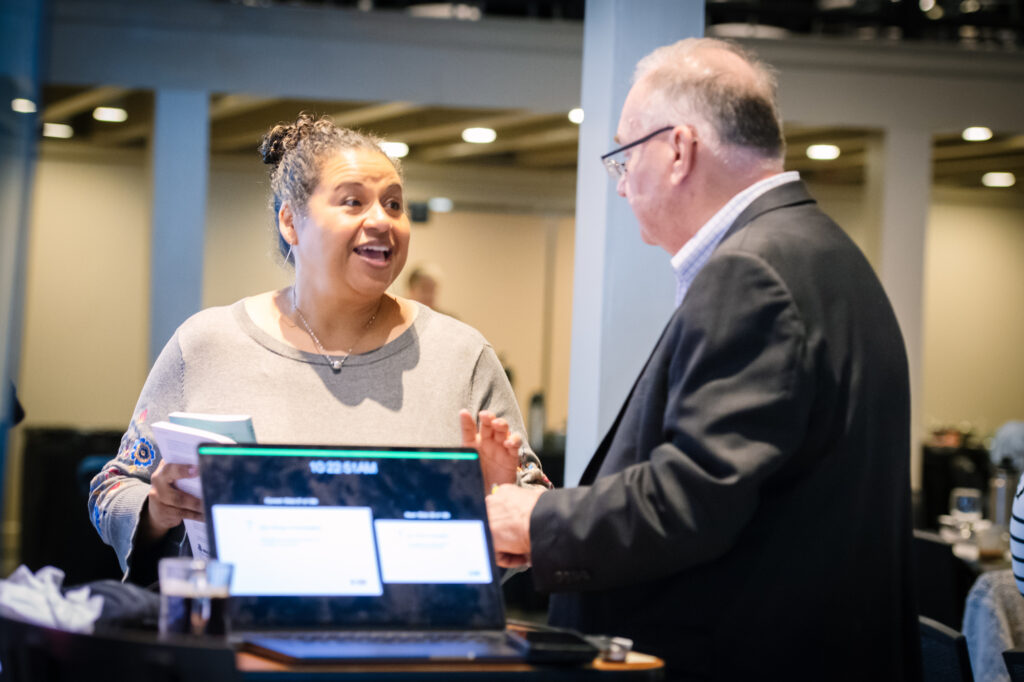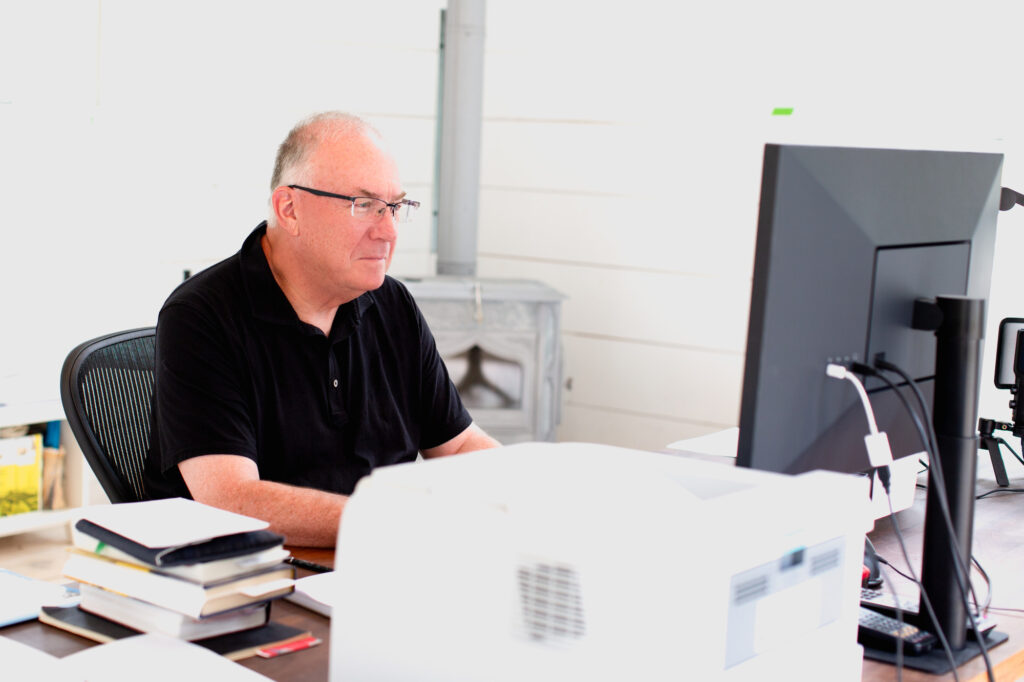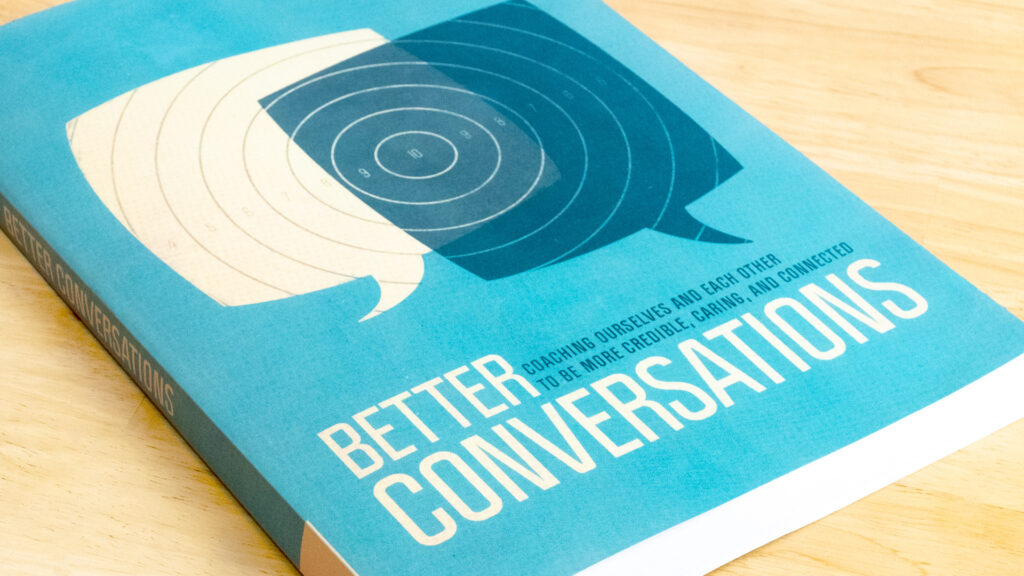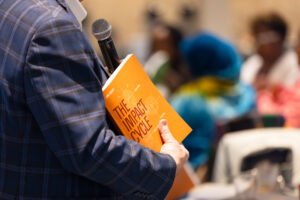A “no” uttered from deepest conviction is better and greater than a “yes” merely uttered to please, or what is worse, to avoid trouble. Mahatma Gandhi
According to Carmine Gallo, author of The Innovation Secrets of Steve Jobs, how Jobs acted when he returned to Apple after 11 years “tells you everything you need to know about how Steve Jobs creates innovative products.” When he returned, Apple had more than 350 products. Within a year, Jobs reduced the product offerings to 10. Jobs initiated the rebirth of Apple by saying no to hundreds of things.Gallo explains why saying no is essential. “It’s only by saying no, that you can concentrate on the things that are really important.” In fact, as William Ury writes in his excellent book The Power of a Positive No,
Everything you care about—your happiness and the well-being of your family, your success in your job, and the health of the larger community—hinges on your ability to say no when it counts.
And many of us, I suspect—teachers, principals, instructional coaches, radical learners—need to be saying no more often.
A teacher, for example, can say no to the seductive power of content, and write unit questions that emphasize the most important knowledge, skills, and big ideas students need to master. Click here to watch a short video of high school English teacher Wendy Hopf talking about the importance of focus. Click here to download a free checklist for writing guiding questions.
A principal saying no to “innovation overload,” can lead a school toward a simple school improvement target that everyone understands, agrees with, and commits to implementing. Click here to download a Learning Forward 2012 presentation I gave with Jadi Miller from Lincoln, Nebraska School district, describing Elliot Elementary School’s success doing just that.
Instructional coaches can say no by refusing to try and know everything for everyone and instead focusing attention on a small number of high-impact instruction strategies that have the most potential to increase student learning and well-being.
When he talked about his accomplishments, Steve Jobs said, “I’m as proud of what we don’t do as I am of what we do.”
All of us can take the same approach.
In fact, I believe that it is only by saying no to many things, that we can begin to effectively do those few high-impact things that can have the most impact on student learning and well-being.
What do you think? Do you struggle to say no to demands that pull you away for achieving your best? When should educators say no more often?
